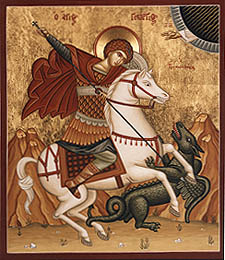I
n previous essays responding to the Anglican Diocese of the Living Word’s Response to Women in Holy Orders, I have claimed that the dividing issue has primarily to do with hermeneutics, not biblical interpretation. In this essay, I intend to have a more detailed discussion of the hermeneutical process itself, and how it functions in the Response, and why I find that problematic. In a later essay, I will discuss an alternative hermeneutic.
Oliver O’Donovan has a helpful discussion of the hermeneutical process in his book Self, World and Time: Ethics as Theology 1. The context of the discussion is Christian ethics, but insofar as the issue of women’s ordination is a concern about the practical application of Scripture – in light of what the Bible teaches, what should we do? – the concern is the same:
1) “A biblical story, command, or counsel presents us with a train of moral thought, a discursive argument that runs, though sometimes we need exegetical insight to make it explicit, from some A to some B, led by its practical question . . . and reaching some resolution.” That is, at the time the Bible was written, there was some particular reality or situation A; in light of A, the Biblical authors concluded that some action B is the appropriate form of response to this reality (discerning and obeying God’s will in this situation).
2) “That whole course of thinking, from A to B, is laid before our attention as we seek to fashion a course of thinking of our own, from some X to some Y, led by our own practical question, observing our own contextual restraints, and finally reaching our resolution to the matter that is our own view.” That is, given our own moral or practical issue that needs to be addressed (X), how does the Biblical process from A to B give us guidance to discern what is the proper Y in response to X?
3) O’Donovan is clear that the biblical path from A to B is not negotiable; it is fixed in the text. Nonetheless, “[i]nterpretation has to do with what is already the case about the meaning of Scripture; moral thinking [and other decisions of practical reason such as church order] is not about what is already the case, but about what to do next.” That is, exegesis is not hermeneutics; interpretation is not application.
4) “Obedience is a matter of how our own confession is to harmonize with the testimony of Scripture, and it is concerned to achieve a correspondence between the whole train of thought of the text from A to B and the whole train of thought from X to Y.” O’Donovan suggests that we express this in the formula [A→B]→[X→Y]. However, obedience is not simply a matter of taking up a conclusion in the manner of A→B →Y, which would shortcut the process of X→ Y; nor is it a simple matter of A → X → Y, working from some general principle or command overlooking how Scripture engages in its own process of what actions A might imply.
(more…)
 Friends,
Friends,











